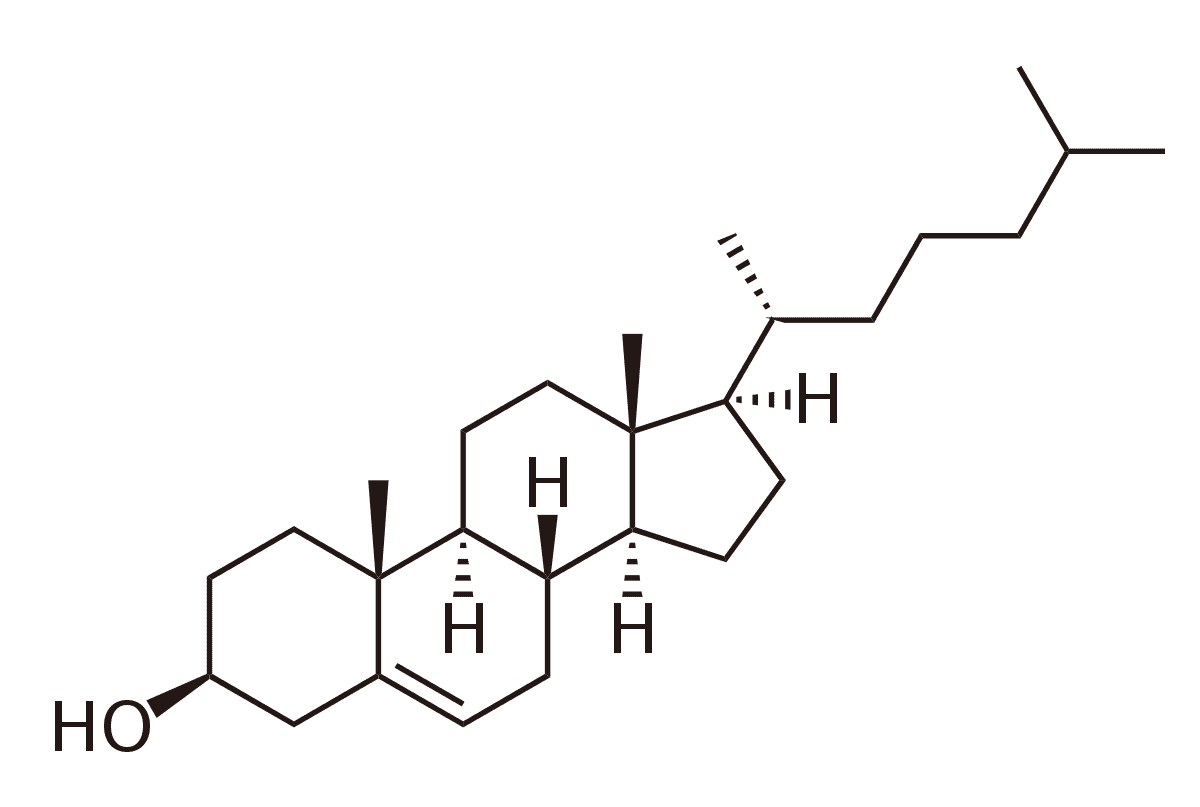If you have tried to raise your cholesterol please post your experience here.
Some of us have very low cholesterol and can not raise it. We are all hoping for a clue.
I think taking pregnenolone has helped me the most. If I take it regularly my cholesterol goes up about 15 points. Which gets it over 100, so yay!
Eating eggs and sugar might help but less even than the pregnenolone. Plus it’s hard to look at an egg these days and my sweet tooth is gone.
Nothing else has helped. I don’t restrict calories and I don’t exercise much. Not over or under weight. Since cholesterol is made in the liver I expect the answer is one of unblocking the chemistry pathway in liver but I haven’t found anything that does that.
Please everyone chime in with your experiences! Maybe we can get an answer yet.
Some of us have very low cholesterol and can not raise it. We are all hoping for a clue.
I think taking pregnenolone has helped me the most. If I take it regularly my cholesterol goes up about 15 points. Which gets it over 100, so yay!
Eating eggs and sugar might help but less even than the pregnenolone. Plus it’s hard to look at an egg these days and my sweet tooth is gone.
Nothing else has helped. I don’t restrict calories and I don’t exercise much. Not over or under weight. Since cholesterol is made in the liver I expect the answer is one of unblocking the chemistry pathway in liver but I haven’t found anything that does that.
Please everyone chime in with your experiences! Maybe we can get an answer yet.




